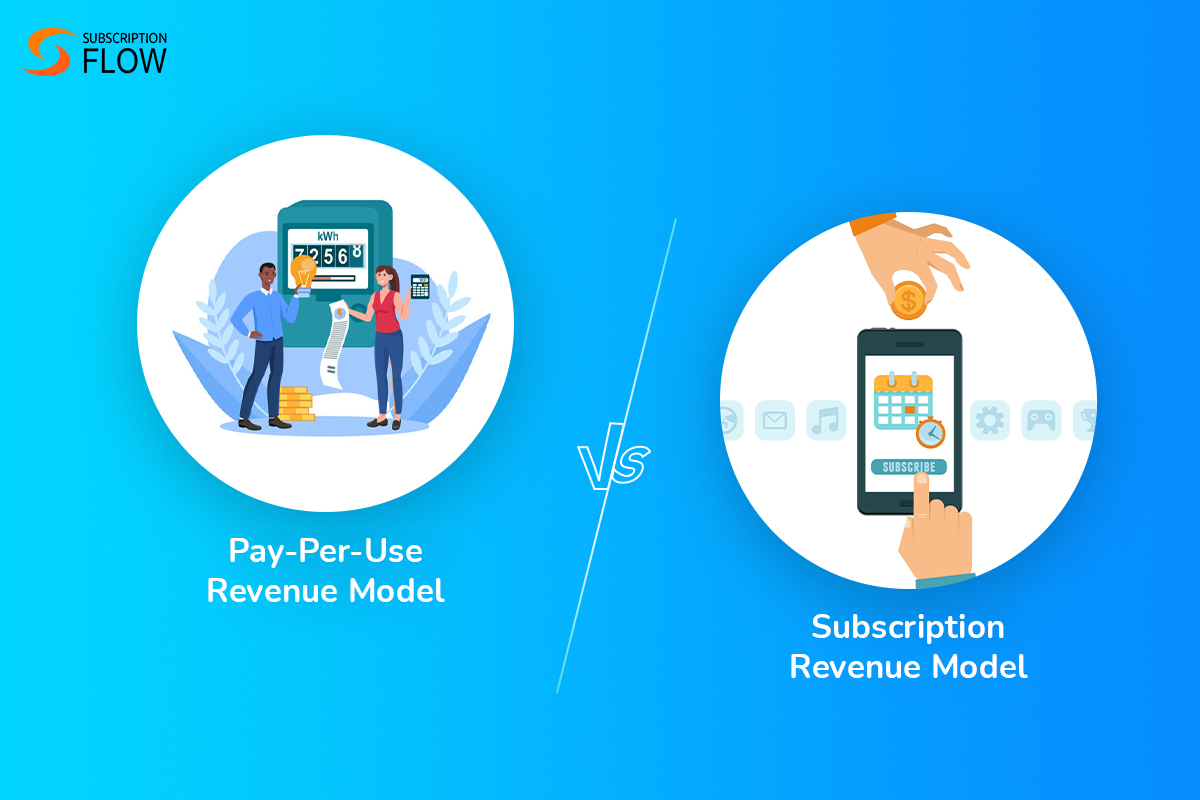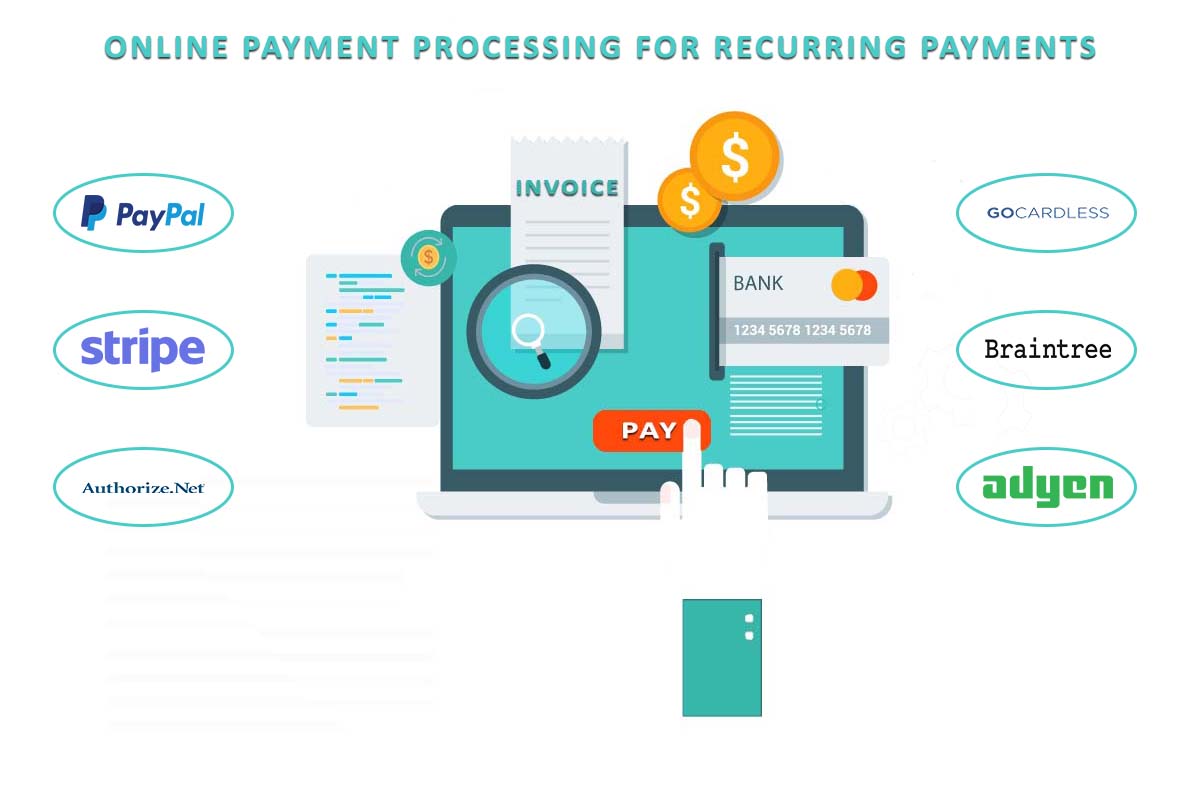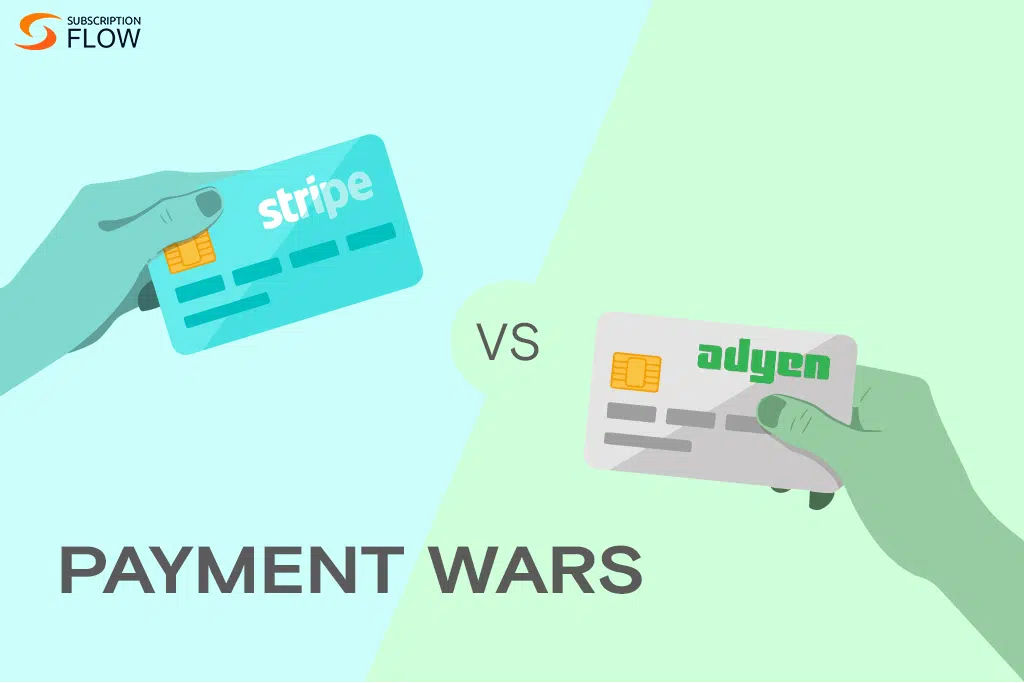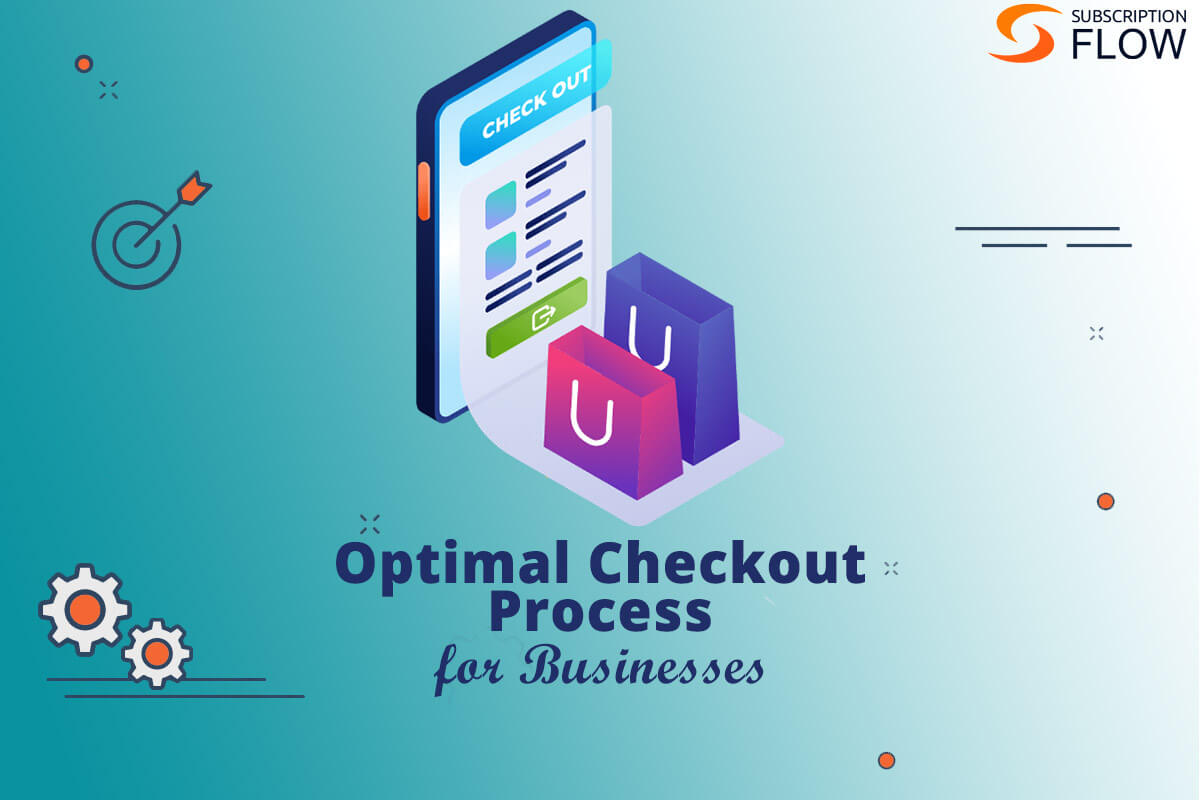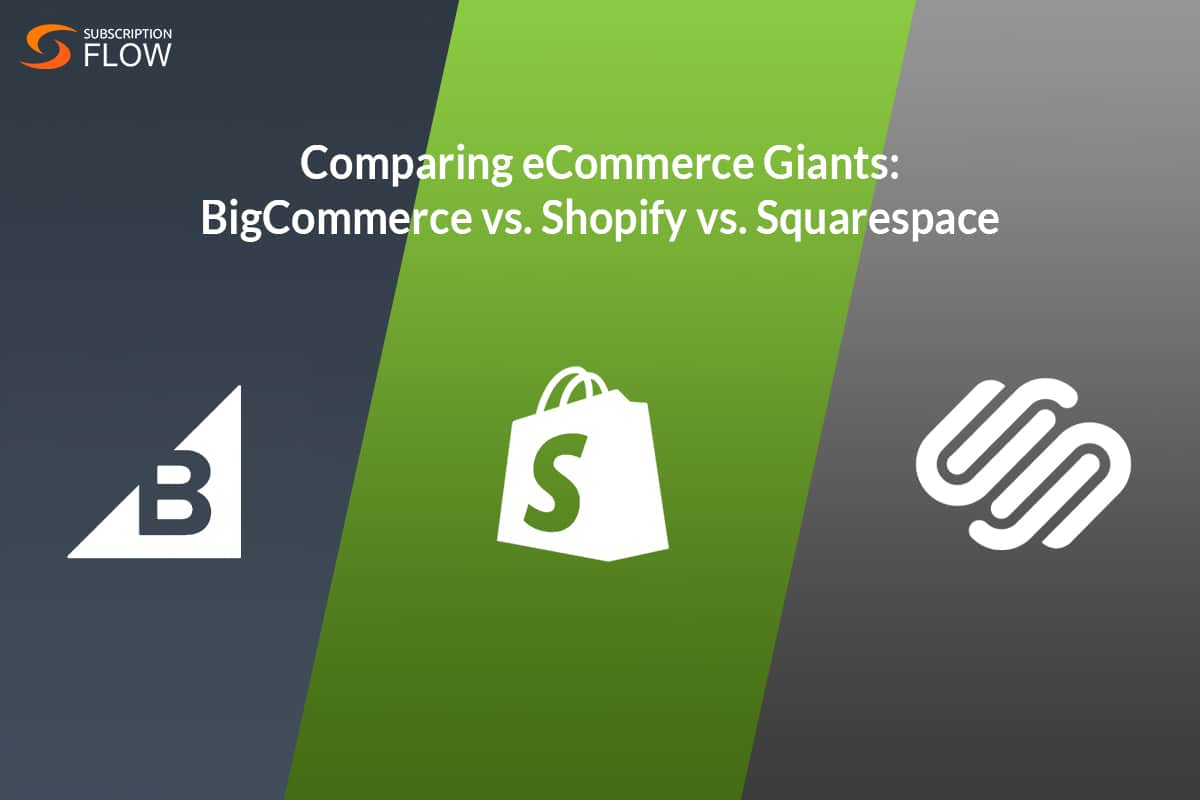
Comparing eCommerce Giants: BigCommerce vs. Shopify vs. Squarespace
Website builders have become increasingly vital in today’s digital landscape, offering individuals and businesses an accessible and user-friendly platform to create and manage their online presence. Three prominent website builders, namely BigCommerce, Shopify, and Squarespace, have emerged as key players in the e-commerce realm.
As the digital landscape continues to expand, the importance of website builders cannot be overstated. They offer an accessible and efficient solution for individuals and businesses to establish their online presence, sell products, and connect with customers.
With their intuitive interfaces, extensive features, and customizable options, website builders l enable even those without technical expertise to create professional and visually appealing websites. Their growing importance lies in empowering businesses of all sizes to compete in the online marketplace and reach a broader audience, thereby contributing to their overall success and growth.
Let’s take a look at BigCommerce vs Shopify vs Squarespace in terms of different features and functionality to help you decide which platform is better for the success of your business.
INTRODUCTIONS
BigCommerce
It is a robust platform specifically designed for e-commerce, offering a wide range of features and customization options. It provides merchants with a comprehensive set of tools to create visually appealing online stores, manage inventory, process payments, and optimize the overall shopping experience for customers. With its scalability and flexibility, BigCommerce caters to businesses of all sizes, from small startups to enterprise-level companies.
Shopify
It’s another leading website builder, that has gained significant popularity due to its simplicity and extensive app marketplace. It offers a comprehensive suite of e-commerce tools, enabling users to easily build and customize their online stores. From managing products and orders to integrating various payment gateways and marketing tools, Shopify empowers businesses to establish and grow their digital presence effectively.
Squarespace
This platform, on the other hand, stands out for its versatility as a website builder suitable for both e-commerce and non-e-commerce purposes. It provides visually-appealing templates and a user-friendly interface, making it ideal for creative professionals and small businesses looking to showcase their products or services. Squarespace integrates various essential features such as blogging, email marketing, and social media integration, allowing users to create a cohesive online presence.
PRICING
When it comes to pricing Shopify vs Squarespace vs BigCommerce requires us to look at different pricing plans offered by each platform.
BigCommerce
This platform offers three main pricing plans:
- The Standard plan starts at $29.95 per month and includes essential features for small businesses.
- The Plus plan is priced at $79.95 per month and offers additional features such as customer segmentation and abandoned cart recovery.
- The Pro plan, which is best suited for high-volume businesses, starts at $299.95 per month and provides advanced features like Google customer reviews and custom SSL certificates.
It’s worth noting that BigCommerce also offers enterprise-level solutions for large-scale businesses, which require custom pricing.
Shopify
It offers five pricing plans:
- The Shopify Lite plan is the most affordable at $9 per month and is ideal for businesses that want to sell on social media or add a buy button to an existing website.
- The Basic Shopify plan starts at $29 per month and provides essential features for small businesses.
- The regular Shopify plan is priced at $79 per month and offers additional features such as gift cards and professional reports.
- The Advanced Shopify plan, starting at $299 per month, includes advanced features for scaling businesses.
- Shopify Plus is an enterprise-level solution with custom pricing tailored to specific business requirements.
Squarespace
It offers four pricing plans:
- The Personal plan starts at $16 per month and is designed for individuals and bloggers.
- The Business plan, priced at $26 per month, is suitable for small businesses and includes features such as a professional email from Google and advanced analytics.
- The Basic Commerce plan starts at $35 per month and is geared towards small to medium-sized e-commerce businesses. It offers features like a fully integrated e-commerce platform, label printing, and customer accounts.
- The Advanced Commerce plan, with custom pricing, provides advanced e-commerce features and priority support.
Verdict: Squarespace offers cheaper and more affordable options which is why SMEs and Start-Ups choose this option. But, Shopify and BigCommerce are more equipped to provide bigger enterprises with customized pricing plans. Thus, the best value for money depends on your enterprise’s needs.
EASE OF USE
A comparison of BigCommerce vs Shopify vs Squarespace in terms of ease of use requires us to understand that while all three offer intuitive interfaces and user-friendly experiences, there are some differences to consider.
BigCommerce
BigCommerce provides a user-friendly interface with straightforward navigation. It offers a drag-and-drop visual editor that simplifies the process of building and customizing online stores. The platform provides ample documentation and tutorials to help users get started quickly.
However, due to its extensive range of features and customization options, BigCommerce may have a steeper learning curve for beginners who are not familiar with e-commerce concepts.
Shopify
It is widely recognized for its ease of use. It offers a highly intuitive and beginner-friendly interface, making it accessible to users with little to no technical expertise. The platform provides a simple and straightforward store setup process, along with an extensive selection of professionally designed templates.
Shopify’s drag-and-drop editor enables users to customize their websites easily. Additionally, Shopify offers 24/7 customer support to assist users at any stage of the website-building process.
Squarespace
This platform is also known for its user-friendly interface and design-focused approach. The platform provides a visual editor with drag-and-drop functionality, allowing users to create visually stunning websites without any coding knowledge.
Squarespace offers a selection of elegant and modern templates to choose from, making it a great choice for individuals and small businesses looking to showcase their products or services. However, the extensive customization options in Squarespace may be slightly more complex compared to Shopify’s streamlined interface.
Verdict: Overall, all three platforms strive to offer a user-friendly experience, but Shopify stands out for its exceptional ease of use and beginner-friendly approach. BigCommerce and Squarespace also provide accessible interfaces, but they may require a slightly higher learning curve for beginners due to their broader range of features and customization options.
CUSTOMER SUPPORT
A comparison of Shopify vs BigCommerce vs Squarespace in terms of customer support requires an analysis of the level and availability of support of each platform.
BigCommerce
It provides 24/7 customer support through multiple channels, including live chat, phone support, and email. Their support team is known for being responsive and helpful, promptly addressing user inquiries and technical issues.
Additionally, BigCommerce offers an extensive knowledge base, community forums, and video tutorials, providing users with self-help resources and documentation to guide them through different aspects of the platform.
Shopify
It also offers 24/7 customer support but through live chat, email, and phone. The support team is generally praised for its quick response times and helpfulness. Shopify’s extensive help center provides detailed documentation, video tutorials, and FAQs to assist users with various topics and challenges.
Moreover, Shopify has an active community forum where users can engage with each other, share experiences, and seek advice.
Squarespace
It offers customer support through email and live chat, although the availability of live chat may vary depending on the plan. Squarespace’s customer support has received mixed reviews, with some users reporting prompt and helpful responses while others have experienced delays.
Squarespace provides an extensive knowledge base, including guides, tutorials, and a community forum, which can be valuable resources for troubleshooting and learning more about the platform.
Verdict: It’s worth noting that all three platforms have extensive documentation, including video tutorials and guides, to help users navigate and make the most of their features. BigCommerce and Shopify are known for their reliable and responsive customer support, with 24/7 availability across multiple channels. Squarespace also offers customer support but has received mixed reviews regarding response times.
However, all three platforms provide comprehensive knowledge bases and community forums to assist users, ensuring that they have resources available to address their queries and concerns.
SEO
When it comes to SEO (Search Engine Optimization), BigCommerce, Shopify, and Squarespace offer various features and capabilities to help improve website visibility and search engine rankings. However, there are some differences in the level of SEO control and customization each platform provides.
BigCommerce
It provides robust SEO tools and features to optimize online stores. It offers built-in features such as customizable URLs, meta tags, and page titles, allowing users to optimize their product and category pages for search engines.
BigCommerce also provides automatic sitemaps, canonical tags, and mobile optimization, which are important for search engine indexing and user experience. Additionally, the platform integrates with popular SEO tools and services, enabling users to further enhance their SEO strategies.
Shopify
Shopify is well-regarded for its SEO capabilities and offers a range of built-in features to help improve search engine rankings. It provides customizable meta tags, page titles, and URLs, allowing users to optimize their website’s pages. Shopify automatically generates sitemaps, enables users to create redirects, and provides options for managing 301 redirects.
The platform also supports canonical tags and includes built-in mobile optimization. Furthermore, Shopify offers various SEO apps and integrations within its app marketplace to enhance SEO efforts further.
Squarespace
Squarespace includes several SEO-friendly features to help users optimize their websites. It allows customization of meta tags, page titles, and URLs for better search engine visibility. Squarespace automatically generates sitemaps and supports canonical tags.
It also offers mobile optimization, responsive design, and SSL encryption, which are important factors for search engine rankings and user experience. Squarespace provides SEO-specific settings and integrations to streamline optimization efforts.
Verdict: While all three platforms offer essential SEO features, it’s important to note that the level of control and customization may vary. BigCommerce and Shopify generally provide more extensive SEO options and integrations, allowing users to have greater flexibility in implementing advanced SEO strategies. Squarespace, while still offering solid SEO capabilities, may have some limitations in terms of customization and fine-tuning SEO settings.
Final Word
To summarize, all three platforms have exceptional features that can help the digital presence of your enterprise. But, it is important to see which one is more suited to your business needs for optimal results.
Book a demo with us at SubscriptionFlow to test out which platform works best for you!
